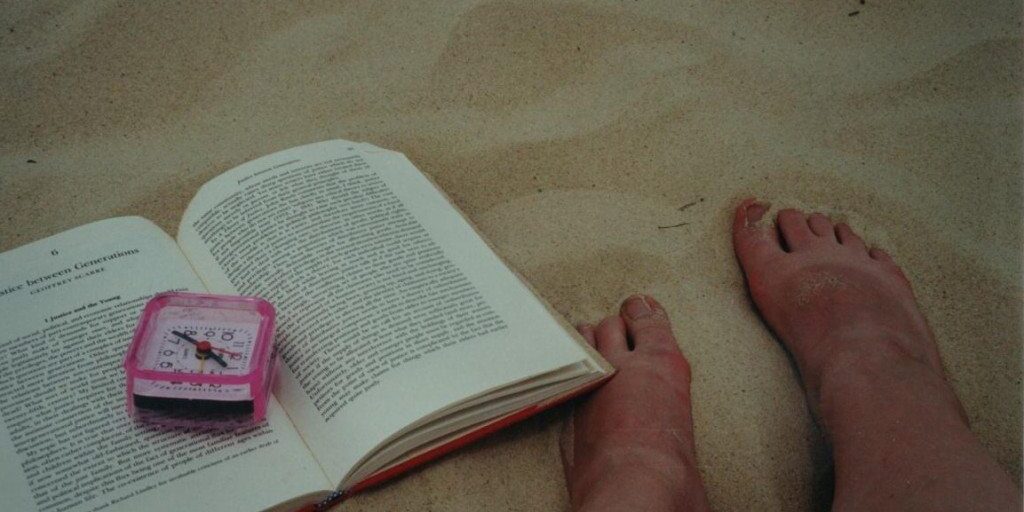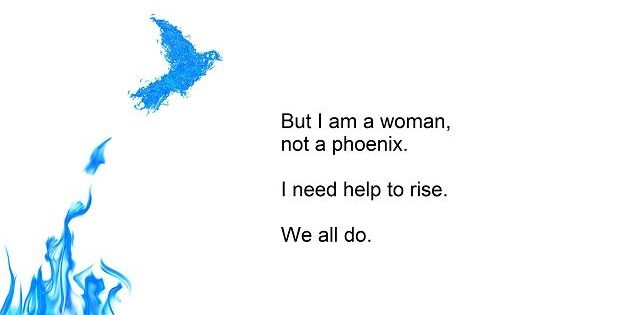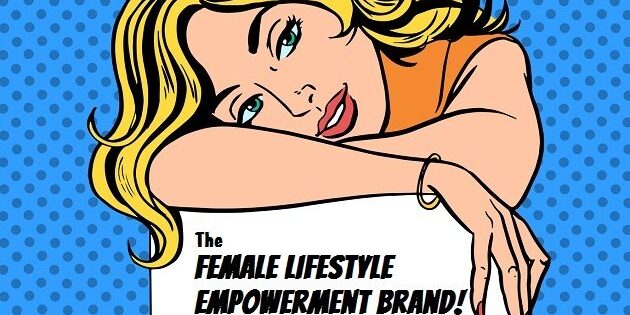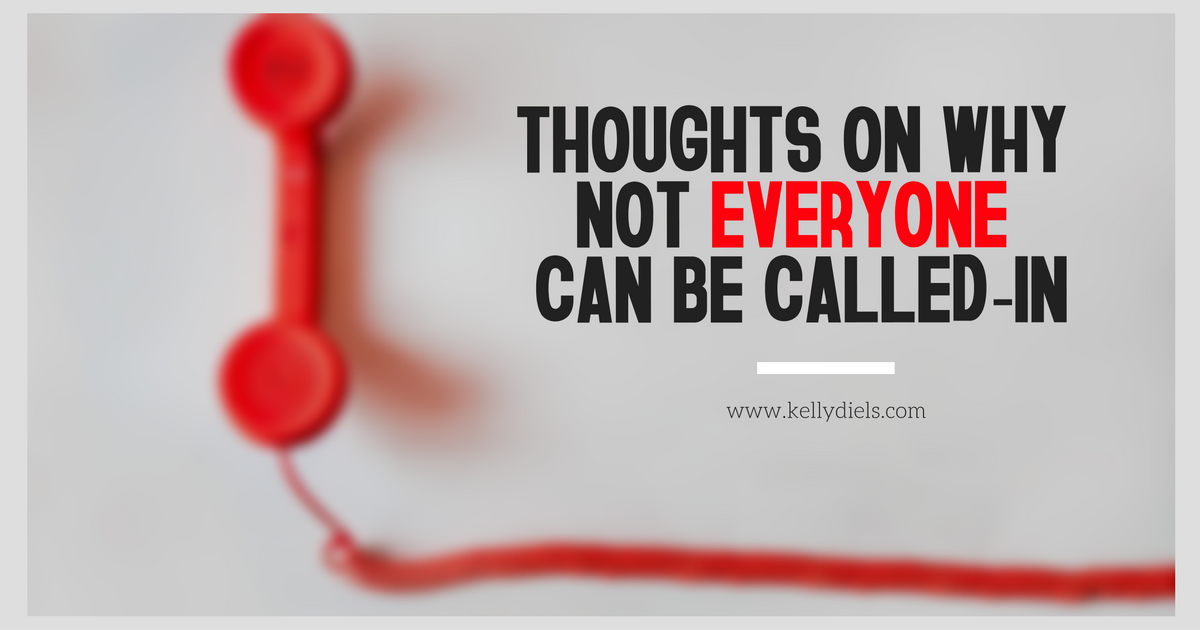
confessions about “calling in”
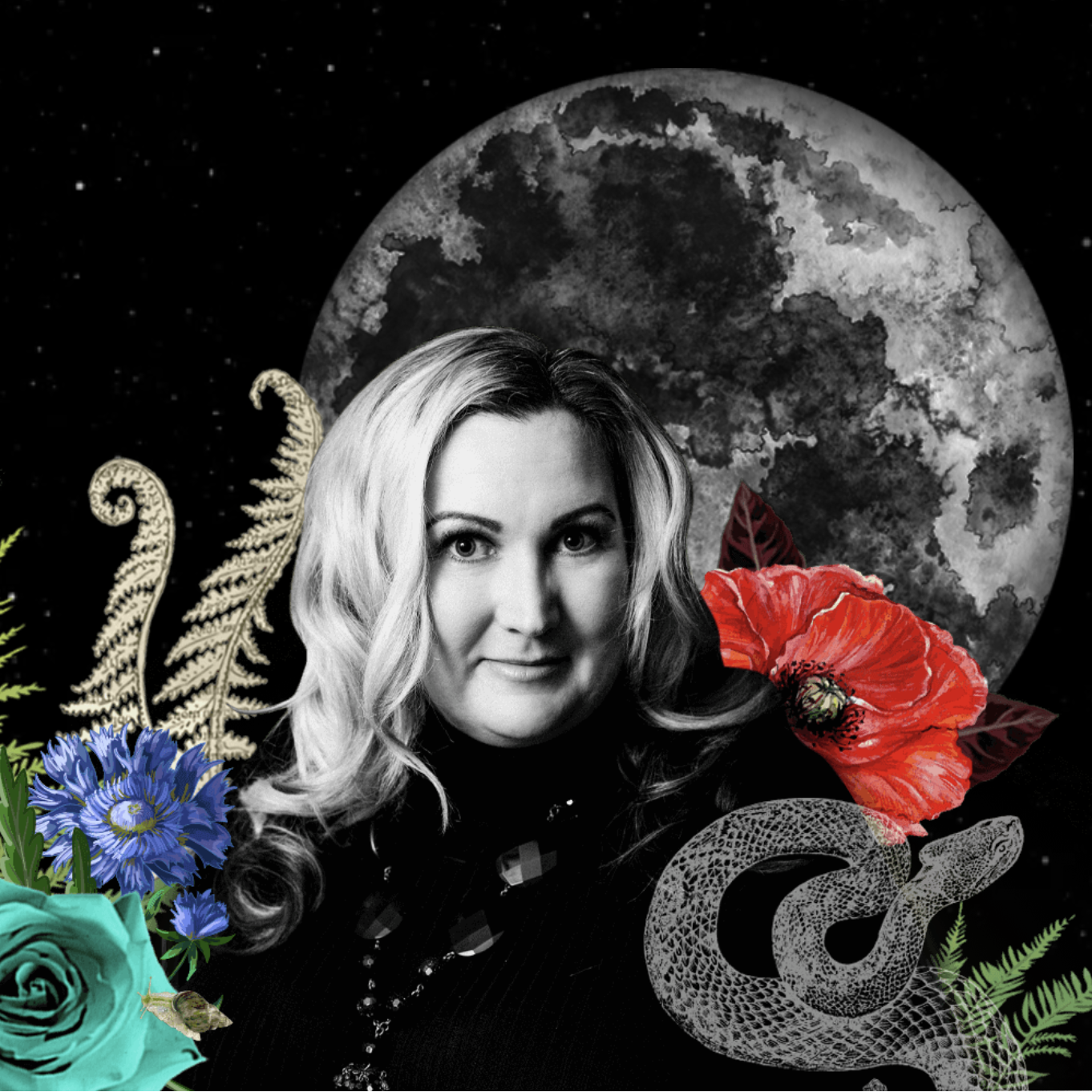
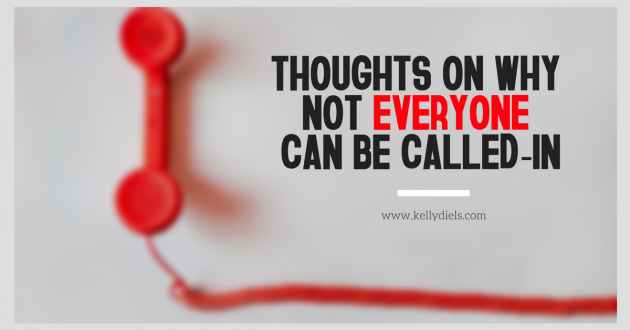
**this originally appeared in my Sunday Love Letter, which only gets emailed to subscribers, but I had a lot of requests to put it on the blog so it was shareaable, so here it is**
Inspired by the work of Ngọc Loan Tran at Black Girl Dangerous and these two pieces at Everyday Feminism (Calling In: A Quick Guide on When and How and 3 Things To Consider When Choosing Between Calling Someone Out Or Calling Them In), I keep calling for “calling in”.
I often advise our community members to call your people in rather than call them out, because calling out humiliates rather than educates them, and instead of turning them into more committed allies, it splinters our social justice communities and turns people into off-stage haters.
But I’m not ALL about calling in.
Calling in often gets conflated with keeping the peace and making nice with people who are committed to goals contrary to intersectional justice work or who are explicitly doing harm.
So let us be clear:
Not everyone can be called in.
Not every circumstance warrants a call-in.
Three things about calling in and calling out:
- Calling in is contextual. Not everyone deserves to be called-in or can be called-in. If a person has demonstrated with their actions that they are in community with you or is in active relationship with you, then calling them in is an act of love. You’re basically saying: I can see by your actions and history that we’re on the same path and that you care about this issue, and so, because I care about you and our mutual cause, I’m going to let you know you’re doing something — probably inadvertently — that undermines the way you’ve chosen to walk in the world.
- In my experience, to be capable of receiving a call-in, the person must have at least a partially-built social justice foundation of care and analysis. They have to already be consuming, reflecting upon, and integrating material about social justice. More and more, I see that trying to call in people not already engaged in social justice paradigms is fruitless — which is exactly the point that the pieces on Black Girl Dangerous and Everyday Feminism make.
- (Or, if you’re trying to educate people in your real life and bring them into a social justice paradigm, they probably have to respect you a lot and consider you a leader. The twisted paradox: if they’re not already woke, they might only integrate what you say IF they believe you have more authority, status, wealth and privilege than them.)
- Calling out gets a bad rap, but sometimes a public boundary-drawing is ESSENTIAL (thank you to Carmen Spagnola,the founder of Vanguard School of Women Radicalization for our conversation that produced this insight). When things are going down in public, on social media, at a family gathering, in a meeting, at lunch with a group — any time it’s more than just two people — then there are other people witnessing the dynamic and getting information about what’s acceptable in our culture. Call-outs draw those lines not just for the one person but for all of us. It creates social proof and it makes and remakes our culture.
Here’s my experience with attempts to call in friends and family:
Calling in my friends and relatives who are not woke or who are not unconditionally committed to my black children has not worked, not even once.
Many friends and family members have demonstrated that they cannot be called in.
But here’s the thing: they hadn’t demonstrated that they could be called in **before** I tried to call them in.
There was no history, no evidence that we were in community other than the fact that we were connected by blood or circumstance. I just thought, let me give them a chance.
And what has happened every single time I tried to personally (not publicly) call in someone in my personal life is that they then doubled-down on their internalized racism or homophobia; tried to publicly and privately discipline me AND redoubled their efforts to make a contrary, public stand and have it witnessed.
I have a laundry list of painful personal examples but none of us needs to endure that. In short, here’s my experience:
Unwoke people who consider you their peers will take umbrage that you dare to correct them and try to get a superior to privately discipline you.
Unwoke people who consider themselves your elders or social superiors will move straight to the discipline and do that publicly for others to witness.
The common condition: they weren’t already woke.
Calling in is for people who are already doing social justice and intersectional work.
I say this because I have personally succumbed to the temptation to try to call in people I care about – friends, family – even though there was no evidence they were committed to combating oppression.
The temptation is to call people in because you like them.
In my experience, this doesn’t work. “Liking” isn’t the variable.
The other person’s pre-existing framework and actions – a systemic analysis, social justice mindset, intersectional perspective – is what predicts whether calling-in is a good use of your time and effort.
Calling in produces refinement, not epiphany.
Woke folks will be appalled at how they’re inadvertently perpetuating the things they decry and take corrective action.
But people in your life without this foundation will likely not even recognize your call-in as an act of inclusion and relationship; they will interpret your careful overture as an attack.
Ok. This is super disheartening, I know.
Here’s what DOES work to foster change with people not already engaged in dismantling oppressive conditions, in my experience: creating the conditions for epiphany.
Create the Conditions for Epiphany
Calling in does not work as an activator for refinement if the conditions are not already present.
So for those folks, instead of striving to call them in, work on fostering the conditions for epiphany.
Epiphany feels like a personal or micro-experience, but it has macro aspect to it.
Epiphany in a social justice context is when you see the links between what seemed like one-off behaviours or beliefs and realize it’s part of a bigger pattern.
It’s disconcerting, yes.
It can feel like this: A-ha! Now I get it.
Or like this: Shit. My entire life has been a lie.
And like this: OMG **I** am The Problem.
Now. This is absolutely where things get wily.
Without a sociopolitical frame, people experiencing the Oh shit/OMG shade of epiphany can immediately get reactive because it feels like an attack on their character.
Which is why continually, constantly sharing and publishing work that contains a systemic analysis is essential. Once people can contextualize their experience and epiphany, they become far less oppositional, because they realize that it’s not personal. They’re personally powerful and can make a difference yes; they can take radical personal responsibility, yes; but it’s not a character defect so much as the system working through us (via social conditioning) without our consent.
If the epiphany that you’re a part of the problem stays personal and individual, many people will reject it in order to preserve the sense that he or she is a good person.
But when we have the even bigger epiphany that our own actions are being over-determined by an external pattern that we’ve internalized, something incredible can happen. We can instantly get distance from the debilitating individual shame and and get perspective on the sociopolitical pattern. We realize it’s not just us.
And that gives us the space to start navigating, negotiating, resisting, gather resources, self-determine.
Instead of feeling shame, we feel accountable and empowered.
It can be a “oh hell no” kind of feeling accompanied by a renewed and deepened sense of self-determination and competence.
That distance from shame is essential.
Strangely enough, distance from conversation and 1:1 interactions also seems to be essential.
Personally speaking, in my own unlearning curve, I’ve found that reading material that’s naming the patterns, but that’s a broadcast (rather than a 1:1 personal communication in which I feel like I have to defend myself), is where I can get the space to reflect.
I cannot reflect and evolve in live conversation when my shame is activated. Videos and blog posts and op-eds are at enough of a remove that my defensiveness is lowered and I can receive it. The seeds get planted. I can see myself in those patterns without feeling like I need to erect a personal defense system. They produce epiphanies that conversation does not (at least for me).
So that’s where I’m putting my efforts: not into calling in people who do not have a perceptual foundation of social justice, but into creating the conditions by which that foundation is laid.
That’s the project of culture-making
I am going to work at connecting the dots, connecting the dots, connecting the dots in essays and op-eds and social media posts and letting people see themselves into them.
Again, in my experience, that’s what I’ve found to be effective: draw attention to the pattern and let people consume that material and do their own mental and emotional processing. The ones who start seeing it will call themselves in and self-identify to me as being willing to be educated, corrected and called in to community.
Here’s what I do: I write constantly, on my blog, newsletter and social media about The Female Lifestyle Empowerment Brand and social justice. I connect the dots between persuasion-based marketing, the manufacturing of perceived and insubstantial authority, and our sociopolitical frame of hierarchy and oppression. I just name the dynamics over and over again. I show how your personal life IS political. I show how our choices are over-determined by the sociopolitical conditions we live in. I show how each of us is complicit, how the voice of culture works through us without our consent, until we see it and consciously unlearn it.
The key, I think, is proliferation.
We need to be writing and publishing and declaring everywhere, everywhere, everywhere.
We need to remake our culture.
This is what I want you to know: we are the culture makers.
YOU are a culture maker.
You don’t have to have a fancy title or an artsy career to be a culture-maker.
When you declare on Facebook, you are asserting new norms and you are a culture-maker.
When you share social media content created by others, you are asserting new norms and you are a culture-maker.
When you write blog posts or create videos or paintings or use your platform to connect-the-dots between the personal and political, you are a culture maker.
When you get brave and go first and say something that makes other people realize it’s not just them and they’re not alone, you are a culture-maker.
When you lift your voice and reject the racism and homophobia and ableism (and, and, and) whenever it happens, right in that moment, in your daily interactions with your friends and family, you are a culture maker. You are drawing the boundaries of what is permissible and welcome and just in our culture.
When you paint, write, coach, offer counsel around those new norms and market without leveraging oppression, you are making a new culture.
Every single one of us is a culture maker. What we’ve got to do right now is commit ourselves on the daily to making that new culture.
A culture-making map/recap:
1. Call in people who are in solidarity, and have proven themselves to be so, and who are also committed to making a new culture.
2. Publish and share masses of epiphany-producing material so that the only way to remain unwoke is to deliberately choose to be.
3. Call out deliberately unwoke people doing oppressive things not necessarily to wake them up, but so that other people can witness the limits of what’s acceptable and just in our culture.
We are The Culture Makers.
Let us create the conditions and the epiphanies and the guard rails for a free and just one.
And on the way there, calling in is a refinement conversation we have with woke people who have a documented history of doing intersectional justice work. It is not a resource we extend to people resisting or obstructing social justice or refusing to make their practices accountable or intersectional.

